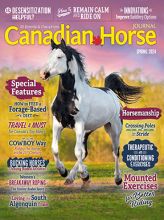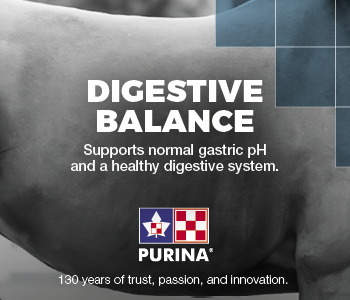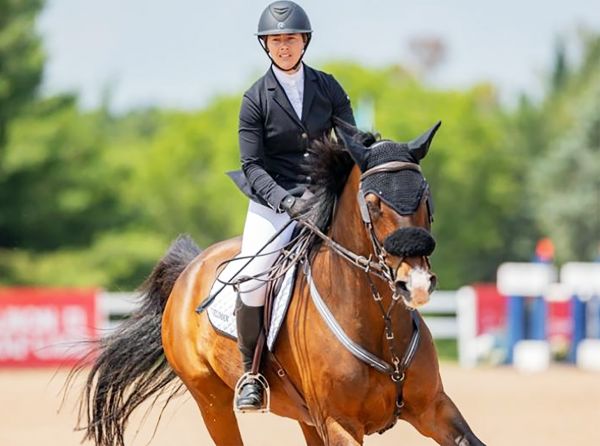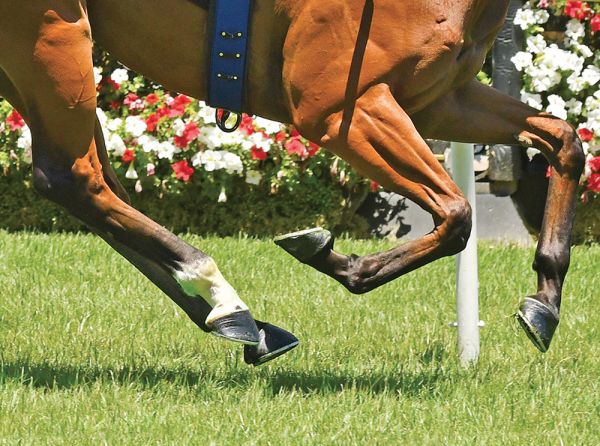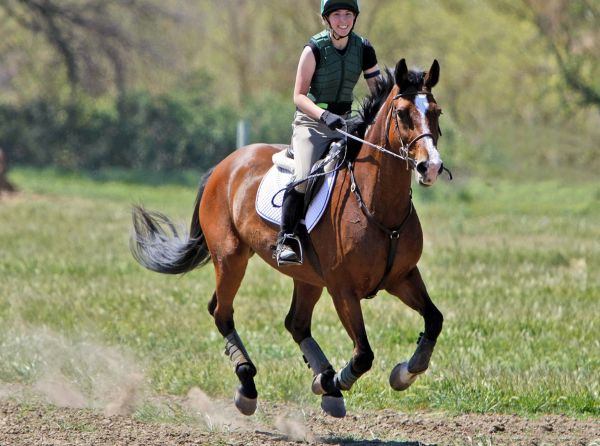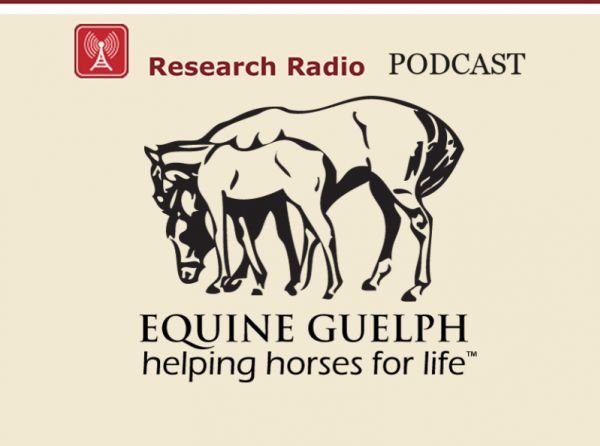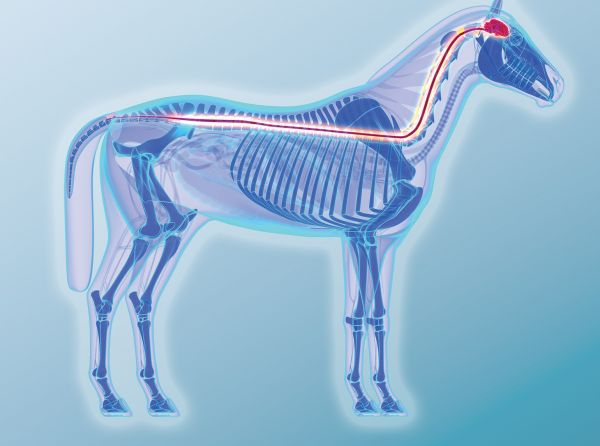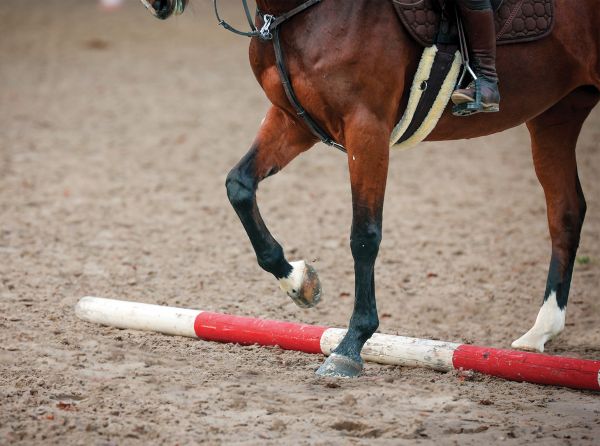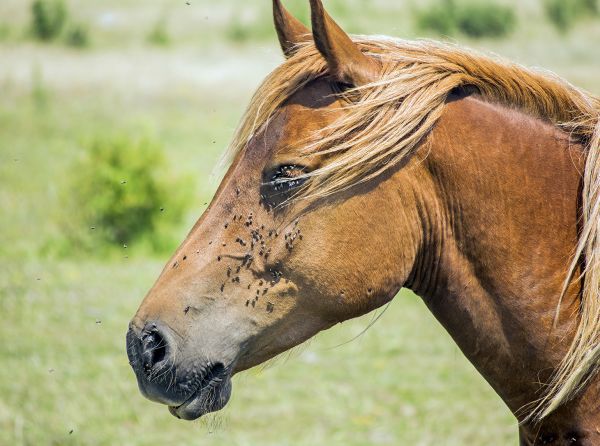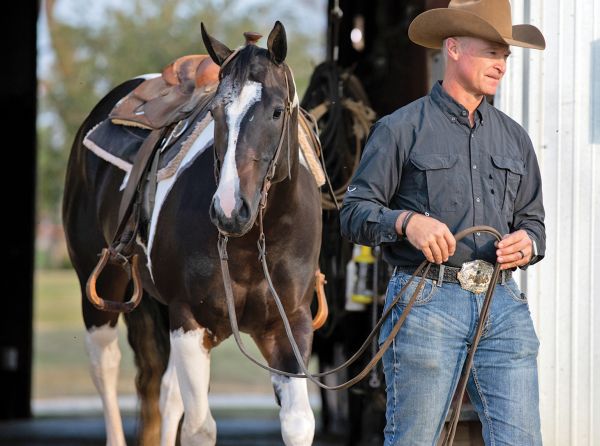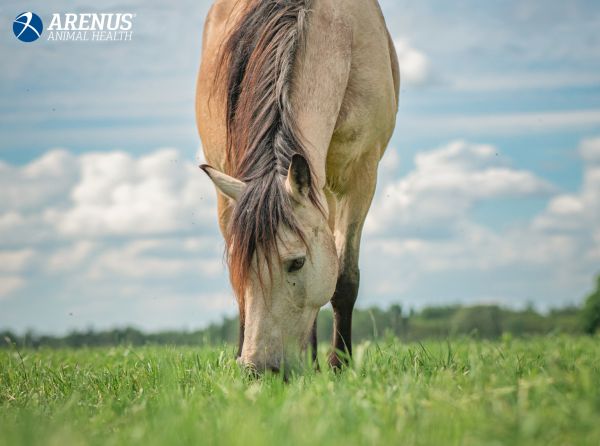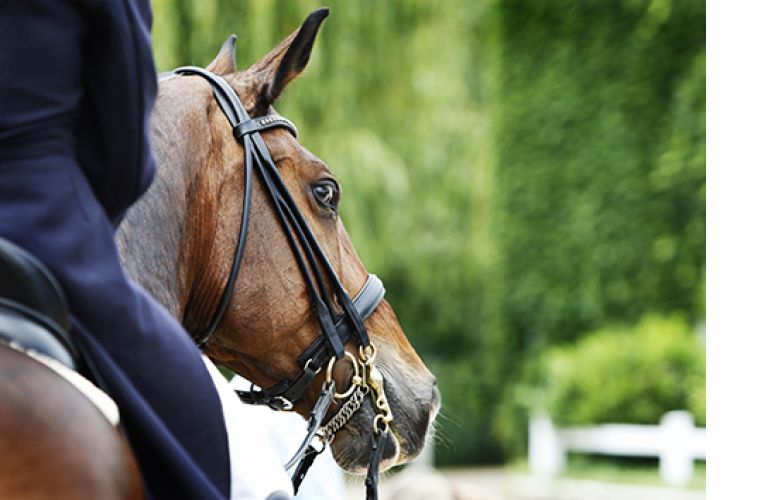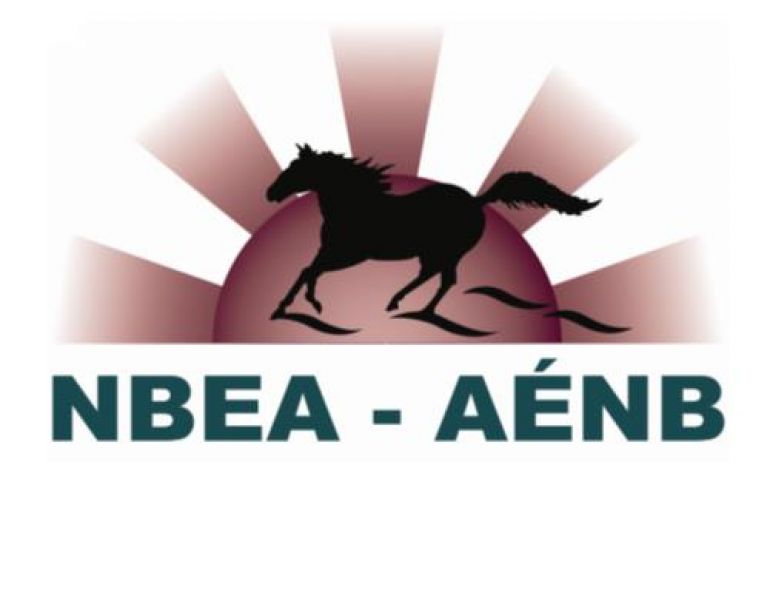Source ISES
It is commonly known that horses travelling by road over long distances have an increased risk of respiratory illness following long journeys. Some horses seem to cope well, while others seem to be more susceptible to post-travel sickness. What if we could predict which horses are most likely to get sick and, therefore, implement prevention and treatment regimes more effectively?
Dr. Barbara Padalino from the University of Sydney and the University of Bari presented a study to delegates attending the ISES Down Under 2017 conference hosted by Charles Sturt University, Wagga Wagga, which aimed to answer this question.
Eleven horses, all experienced travelers, were subjected to an eight-hour journey. All horses received a health examination and a respiratory scoping with collection of tracheal wash (a method by which a sample of cells including any present bacterial cells, can be collected from the respiratory tract). Blood samples were taken and subsequently analysed from the horses before and after the journey. In addition, during the journey, each horse was video recorded and its behaviour was later evaluated against a set-study ethogram.
Transportation caused an increase in cortisol, a hormone which is commonly used as an indicator of stress. Creatine kinase was also increased, indicating some level of muscular stress. Neutrophils (a type of white blood cell) were significantly increased in the tracheal washes following transportation for all horses, which suggests that there was inflammation of the airways. There was an increase in neutrophils also in the blood, indicating activation of the immune system.
Behaviour was strongly influenced by the stage of the journey, with increased behaviours indicative of stress recorded in the first hour of travel and decreasing as the journey progressed. Behaviours related to balance (including leaning, stumbling or shifting the feet) tended to decrease until around the fifth hour of travel and then increased to peak at the eighth hour of travel as horses tired. Horses tended to increase the amount of time spent with a head down position as time went on, with those lowering their heads for less time showing more behaviours indicative of stress and, correspondingly, higher physiological markers of stress, increased inflammatory indicators and higher levels of bacteria in their post-travel tracheal wash.
Six of the horses had elevated tracheal inflammation scores prior to the journey. These horses showed an increased percentage of neutrophils in the tracheal wash five days after the journey compared to those that were healthy prior to the trip. This, Dr. Padalino says, indicates that prior health status is a vital indicator of the horses’ ability to cope with periods of extended transportation. It also suggests that there is great merit in examining horses prior to travel to ensure optimal health and prevent a higher risk of adverse effects following transportation.
Transport-related illness can be multi-factorial, but this study showed a link between behaviour during the journey and later health outcomes. This suggests that watching horses during the journey and paying particular attention to behavioural indicators of stress, might help to predict impending illness at the other end of the road.
“Next time you must travel for extended periods with your horse, pay attention to its behaviour,” Dr. Padalino warns. “The use of on-board cameras makes this task much easier. If you have noticed during a journey that your horse has spent an extended period of time with its head in the air, or you feel that the horse has displayed behaviours which might indicate a high level of stress, it would be wise to follow-up over the following days with a full veterinary examination in order to catch any resulting illness early and treat it with timely intervention.”
The work has now been published in the open access journal PloS One and can be found here.
Assessing fitness for travel and evaluating different training and management practices to reduce stress-related behaviour during travel will be the subject of Dr Paladino’s’ next presentation at ISES 2018 Roma, the 14th International Equitation Science Conference which will be held 21-24 September. Find more details at https://equitationscience.com/conferences/.
The International Society for Equitation Science (ISES) is a not-for-profit organisation that aims to facilitate research into the training of horses to enhance horse welfare and improve the horse-rider relationship.
Photo: iStock/Romaoslo


